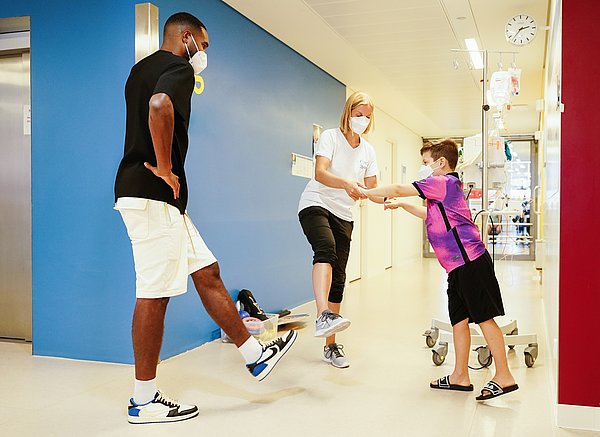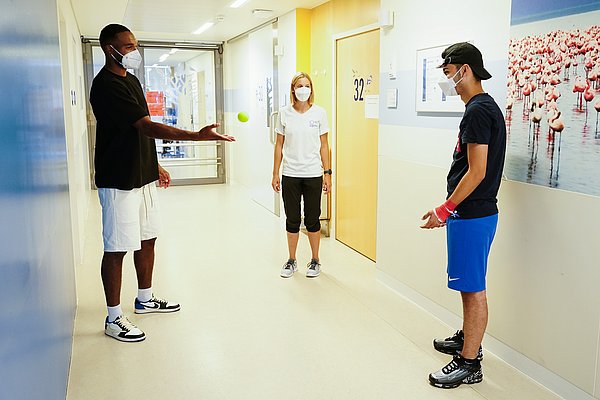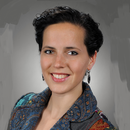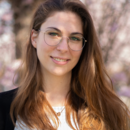The "Hopp Children's Cancer Center Heidelberg" (KiTZ) is a joint institution of the German Cancer Research Center (DKFZ), Heidelberg University Hospital (UKHD) and Heidelberg University (Uni HD).
Healthy children are constantly on the move. They run, climb, slide, jump and swing. And not only train their muscles, but also their perception and coordination. Children with cancer, on the other hand, often feel listless and tired - just like adult cancer patients. These can be symptoms of the disease as well as side effects of the therapy.
Cancer can therefore slow down the development process of affected children. "If children miss out on important developmental phases, it is unfortunately difficult to catch up," says Joachim Wiskemann, founder of the OnkoAktiv network and head of the Oncological Sports and Exercise Therapy working group at the National Center for Tumor Diseases (NCT) in Heidelberg. "During an inpatient stay, children are prevented from exercising due to the spatial circumstances, or even slowed down by their parents. Studies show that children with cancer generally have 20 - 60 percent less muscle strength than healthy children," says Wiskemann.
In collaboration with Andreas Kulozik, Director of the Hopp Children's Tumor Center Heidelberg (KiTZ), who heads the Clinic for Pediatric Oncology, Hematology and Immunology at Heidelberg University Hospital (UKHD) and the Clinical Cooperation Unit Pediatric Leukemia at the German Cancer Research Center (DKFZ), Wiskemann's team has therefore developed an exercise therapy specifically for children with cancer.
The young patients on the ward take part in a weekly exercise program that is individually tailored to their age and interests. Children who are not on the ward can take part online. "We do a mixture of strength, endurance, coordination and relaxation training using balls or wobble boards, for example," explains sports therapist Franziska Quirmbach, who has been in charge of the UKHD's sports program for adults at NCT for years. There is also advice for the whole family on how to use the home environment to promote exercise and to reassure parents about what is reasonable for each patient.
The program is supported by the DFB Foundation Egidius Braun, which was established in 2001 by the German Football Association (DFB) and, together with the foundation "Die Mannschaft", provides funding for the sports therapist who will train with the children on a weekly basis.
"Since 2019, we have been associated with the Hopp Children's Tumor Center Heidelberg as part of a sponsorship. Together with Jonathan Tah and the national soccer team, it is very important to us to support children and young people with cancer through the sports program. The fight against cancer needs and deserves every support," emphasizes Tobias Wrzesinski, Managing Director of the DFB Foundation Egidius Braun and Deputy Chairman of the Board of Trustees of "Die Mannschaft" Foundation.
The program receives prominent support from national team player Jonathan Tah, who also took part in the first joint sports lesson with the children and young people. The Bundesliga player has been an ambassador for the DFB Foundation and KiTZ and children and young people with cancer since 2019. "I generally think that you should ask yourself more often what you can do for others," emphasizes Tah. "I think it's great that I can use my passion for sport and soccer to bring some fun into the kids' everyday hospital life and motivate them to stay 'on the ball' with their exercise therapy," says Tah, who will also be joining in with other sports lessons for the children online in future.
KiTZ Director Andreas Kulozik is convinced that the young patients will benefit significantly from the new program. "There are numerous studies that prove the resounding success of exercise therapy for adult cancer patients," explains Kulozik, who, together with Joachim Wiskemann, is also investigating the value of exercise therapy for young cancer patients as part of the Europe-wide FORTEe clinical trial.
Previous studies have shown that sports therapies can significantly alleviate the side effects of cancer therapy. Chemotherapy and radiotherapy are also easier to tolerate if those affected exercise regularly. In addition, neurological late effects can be prevented and reduced through balance and coordination training, according to the Heidelberg experts. "We would like to thank the DFB Foundation Egidius Braun and the national team foundation for jointly making it possible to offer sports therapy," says Kulozik.
The funding from the two foundations is part of the "Zeit schenken" project. The KiTZ donation project finances staff positions to relieve and strengthen the families of children with cancer on the ward, who are faced with particular challenges.
More information on the project “Give time”
More information on the foundations (in German)
www.egidius-braun.de and www.wirfuereuch.com





